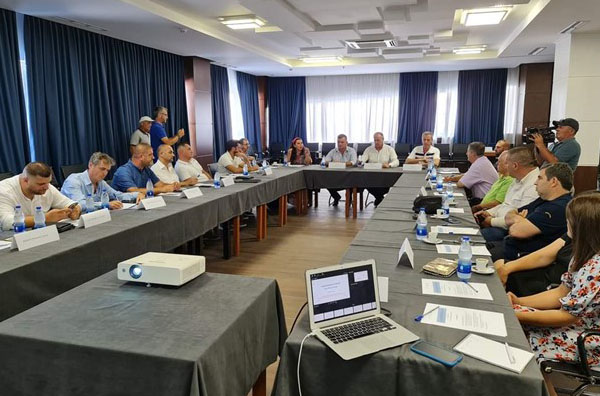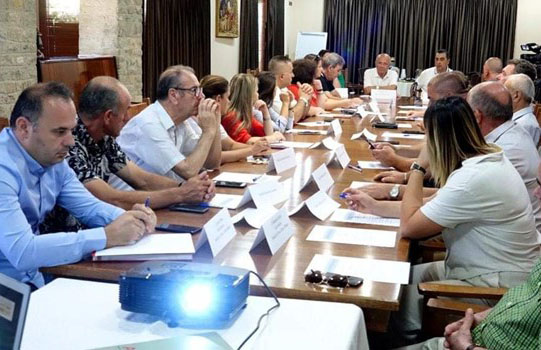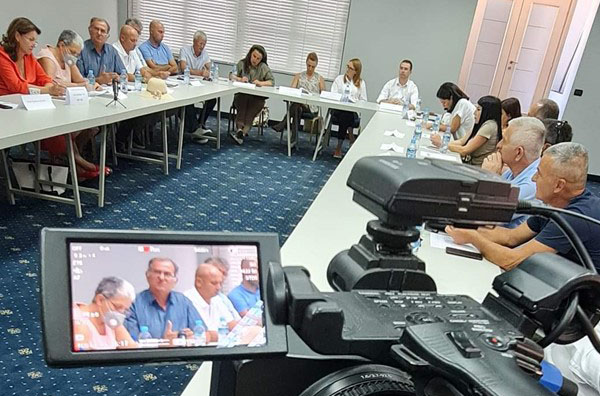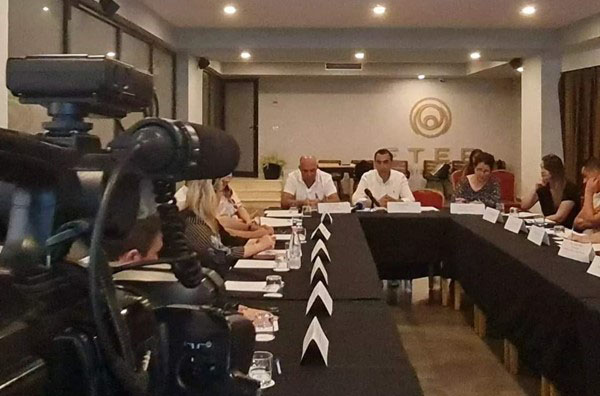Strengthening Municipal Council’s Authority through Advocacy: Association of Albanian Regional Councils Case Study
Advocacy is “the deliberate process of influencing decisions within political, economic and social systems and institutions with the aim of making policies and processes more just, inclusive and pro-poor” (Helvetas Advocacy Concept). In this case study, we delve into the challenges faced by Municipal Councils in Albania and the efforts undertaken to improve their performance and enhance local governance. By analysing the context, outlining the advocacy approach, and examining the expected outcomes, we explore how strategic policy advocacy can drive positive change and empower Municipal Councils to fulfil their mandate and vital roles. The analysis of this case study was based on the principles and strategies outlined in the Advocacy Toolbox (Helvetas).
Advocacy Environment (External Context)
Municipal Councils in Albania have been grappling with numerous issues, including weak institutional capacities, limited training opportunities, and a lack of financial independence, thus negatively affecting the quality of local governance and the development of communities and territories. Additionally, they have very poor visibility, and citizens’ trust in the Councils’ ability to genuinely represent their interests has waned, leading to a perception of Councils as mere rubber-stamping bodies and not standing for their interests. The specifics of the term 2019-2023, with one dominant party controlling Councils, nourishes a political environment that further hampers the responsive local leadership and effective decision-making and compromises the Councils’ representative, policymaking, and scrutiny roles.
Advocacy Challenges
Amidst a national-level political landscape where opposition parties were absent from Parliament during the 2017-2021 term, Councils needed more continuous support. Moreover, national agencies exhibited a limited understanding of Councils’ constitutional authority and roles, while the Government’s agenda needed to prioritize Council performance. The need for more support from Mayors and municipal administrations and weak advocacy initiatives on Local Government Unit (LGU) issues further contributed to the Councils’ plight.
The Approach to Policy Advocacy
The Association of Albanian Regional Councils (AARC), with the regional councils comprising Mayors and Municipal Councillors, addressed the challenges of the Councils through a strategic policy advocacy initiative. By conducting problem-mapping exercises, engaging in research, and involving representatives from political parties, AARC aimed to build knowledge and understanding of Municipal Council reform and identify legislative improvements. The advocacy process involved formulating and disseminating recommendations for legal enhancements, establishing an advocacy strategy, and developing effective communication tools. AARC engaged key stakeholders, such as the Ministry of Interior, the Ministry of Finance, and the Government Agency for Supporting LGUs, to negotiate and mediate dialogue for behavior and legislative change. Lobbying decision-makers, including Parliament and political parties, played a crucial role in garnering support for the reform.
Results
The policy advocacy efforts have yielded promising results. Stronger Municipal Councils have emerged equipped to perform their functions as outlined in the Albanian constitution and local government laws. The Councils are now better positioned and equipped to deliver participatory and cost-effective local governance, responsive policy-making, and accountability, fostering transparency and building trust among municipal administrations, government agencies, and citizens. Clarity on the Councils’ authority, roles, and responsibilities has been achieved, giving them a more prominent profile within the local governance framework.
Ultimately, this case study demonstrates the transformative power of strategic policy advocacy of LGU associations in advancing the quality of local governance through a reform process that led to the strengthening and empowering of the Municipal Councils. By addressing the challenges head-on, building political support, providing evidence-based recommendations, and fostering consultation and dialogue, the advocacy initiative led by AARC has paved the way for meaningful reforms in local governance.
This article expands on the Western Balkans Regional Workshop on Advocacy held in Ohrid, North Macedonia. The Regional Advocacy Network would like to thank the Association of Albanian Regional Council, who shared their valuable experience.
Interested in learning more about the advocacy network? Contact us at AdvocacyWesternBalkans @helvetas.org.
Resource materials:









